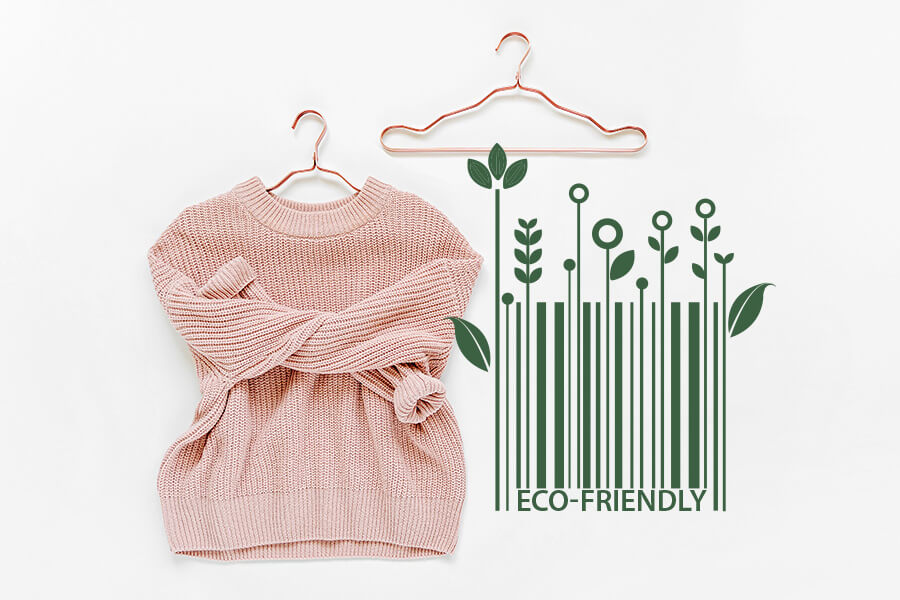Fashion - big business guilty of causing big issues for our planet. This is because ‘fast fashion’ which is designed to be consumed and discarded at high speeds, is creating excess turn-over that our earth can no longer handle. In fact, the fashion industry has fast become one of the most polluting industries in the world today. According to recent research published by the UNEP and the Ellen MacArthur Foundation, 10% of the fashion industry’s greenhouse gas emissions will increase by more than 50% by the year 2030. Proving that the fashion industry is responsible for around 20% of the global industrial water pollution. So while fashion may be pretty, the facts certainly are not.
What does this mean for consumers?
Well, consumers are no longer living in the dark ages. They are educating themselves and choosing retailers that are taking this problem very seriously. These consumers choose their brands based on quality over quantity and are looking for companies that have upstanding ethical codes. They are also beginning to value durability over excess.
How is this changing the clothing retail environment?
Rental fashion, thrift stores and second-hand clothing are far from new. But more and more mainstream businesses are starting to adopt this thinking. For example H&M are now inviting customers to bring in old clothing of any brand to be recycled via their stores. The fashion industry is changing and the retailer can no longer ignore the shift in the tides.

So how do you as a clothing retailer ensure that you’re appealing to the conscious consumer?
Produce sustainably
The most important departure point is re-looking production material. There is huge scrutiny around non-biodegradable material. Meaning that if retailers want to be taken seriously, they need to show that the materials and substrates they are creating their products with are less hazardous to the planet. Even food giants like Woolworths are changing their plastic policy and no longer allowing consumers to use packets. Rather insisting that they use recyclable bio-bags to take carry their groceries.
Eco-marketing and business with purpose
Customers want to know that the brands they buy from stand for something important and are giving back. As recycled and ethical material are making their way into all sectors of the fashion industry from accessories to clothing to footwear. This is gaining a lot of interest in the press too. Meaning that brands are actually using this as a marketing angle to build brand awareness and educate the public. This can be seen for example with Adidas who recently partnered with recycling group Parley to stop plastic entering oceans and transforming this waster into high performance sportswear. This is a core part of Adidas’s marketing strategy and has been worked into major aspects of their communication strategy. This also often goes hand in hand with robust targets associated with the brand’s values in order to ensure that they follow through and do what they promise.
Ethical supply chain
It’s no use creating sustainable products if the people who make them are being taken advantage of. Not only is it important that products are good for the planet, but it is equally important that the materials and conditions under which they were produced are safe, fair and ethical for their workers. Customers are doing their homework here too and brands have a responsibility to hold this crucial aspect in mind.
The bottom line
The fashion industry is changing. Gone are the days when customers consume blindly. Now brands have to do their due diligence and make sure that their end-to-end business dealings are fair to the people who make them and kind to the planet we live in. A smart business not only embraces this authentically, but also works this attitude into their marketing strategy in order to share their contributions with their target market. Ultimately ensuring that their customers not only look good in their product, but feel really good about it too.
Read more on Conscious Consumerism: How your supermarket can cater to the conscious consumer

